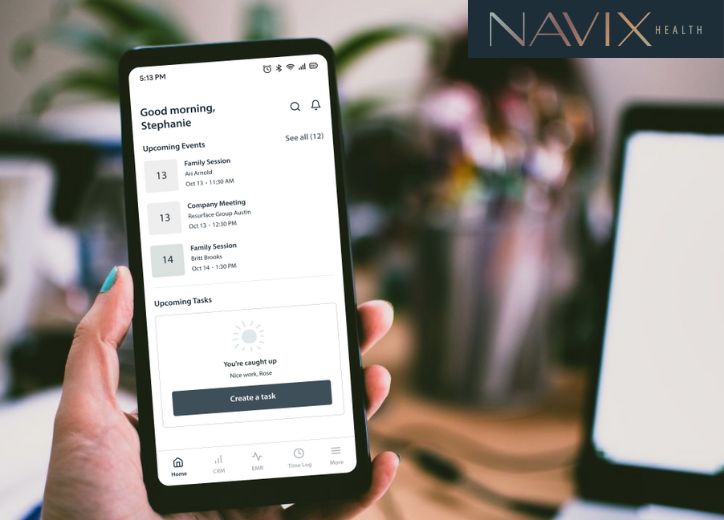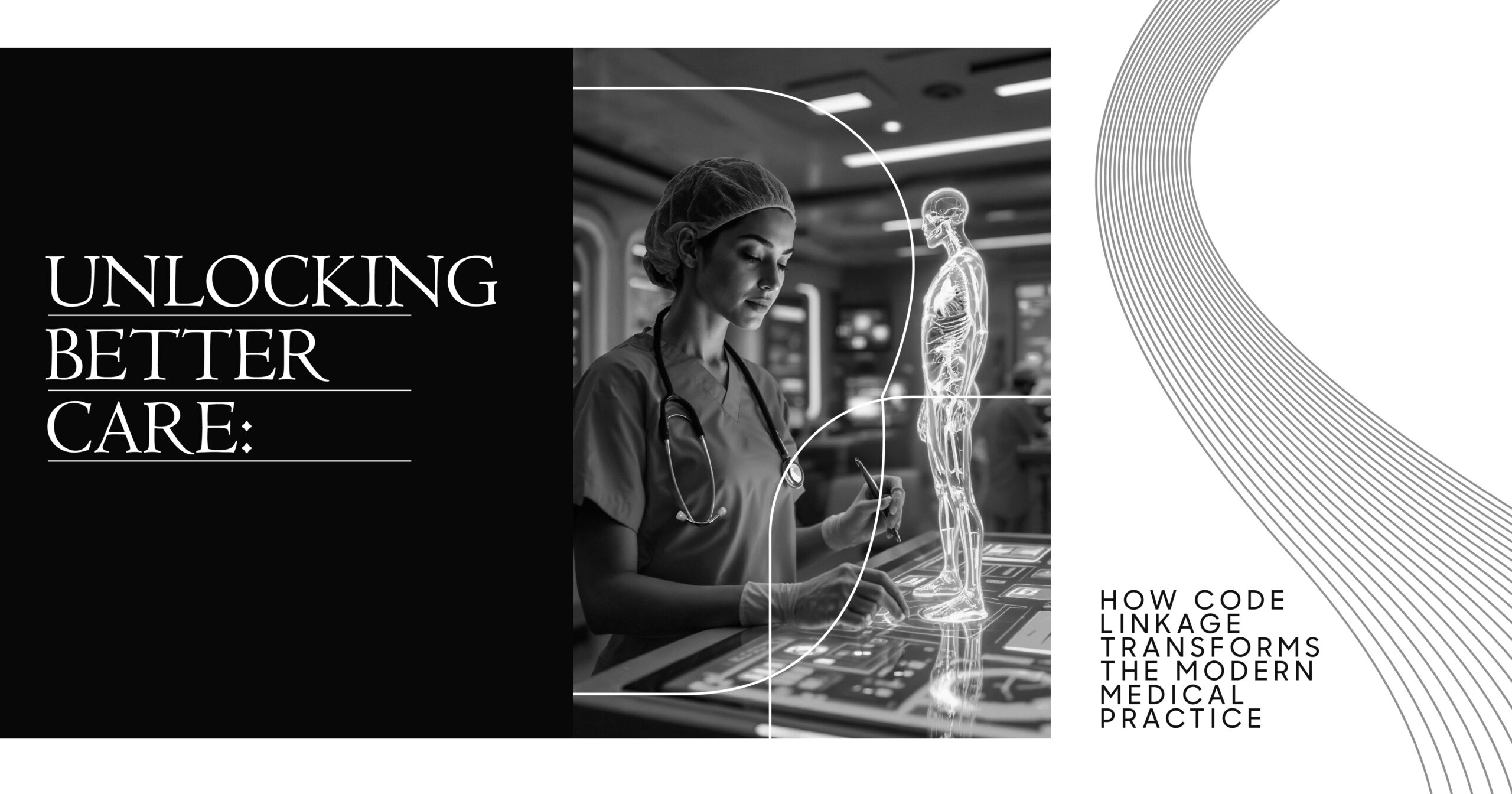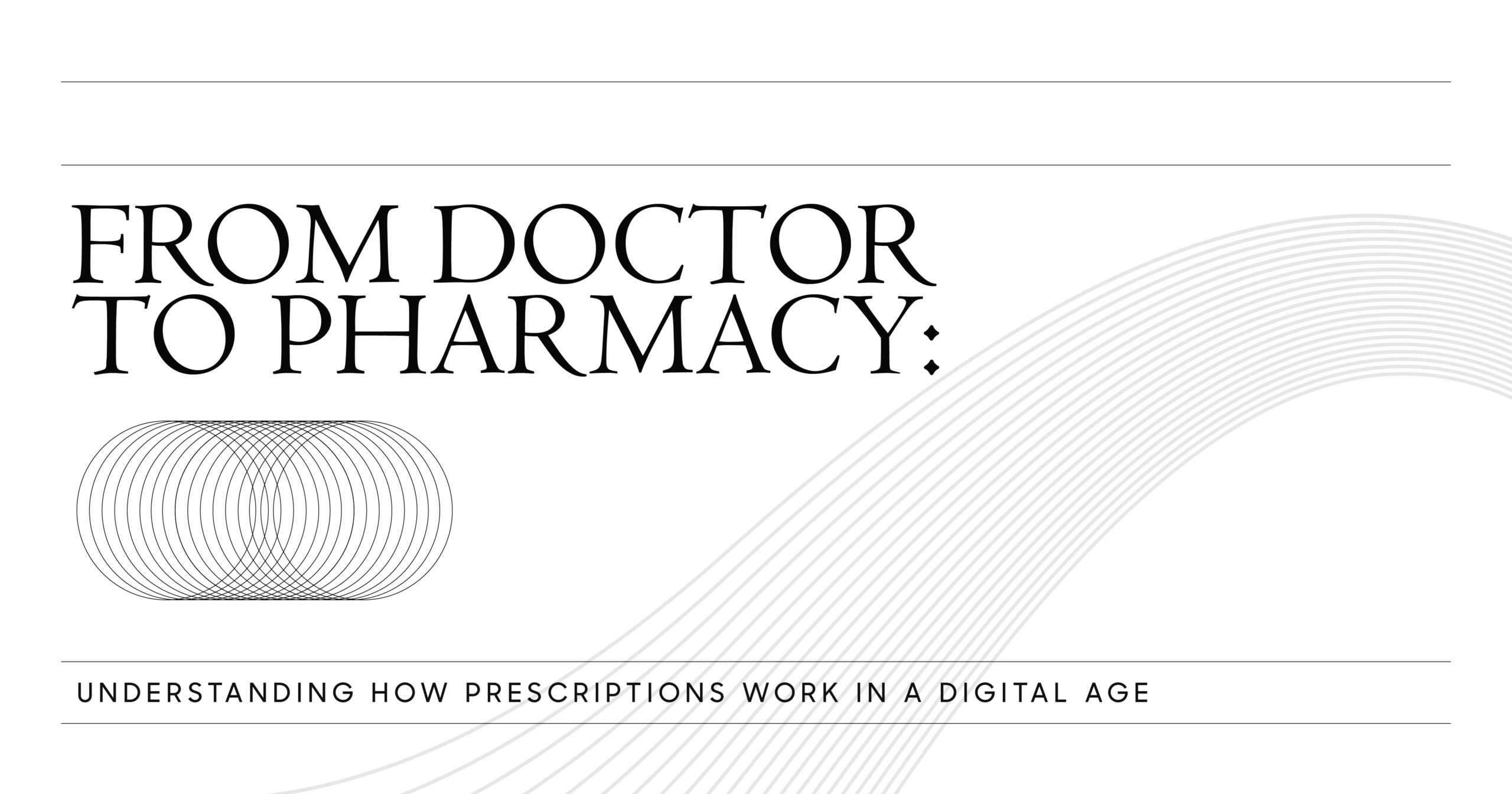In the era of smartphones and ubiquitous connectivity, mobile apps have far transcended social media and online shopping. There are now hundreds of mental health apps that focus on everything from tracking depression symptoms to sharing journal entries with a therapist. In addition, these apps have changed the landscape of behavioral healthcare, and this trend will likely persist throughout the future.
Understanding The Technology and Healthcare Intersection
Healthcare professionals have been using technology to augment nearly every part of their practice. Technology can streamline all components of behavioral health, and it can provide useful support for data analytics, peer support, medication management services, scheduling and onboarding, and discharge planning. Behavioral health apps can help mental health professionals organize their scheduling and bolster productivity.
Benefits of Mental Health Apps
There is no doubt mental health apps can provide an effective bridge between mental health treatment and individualized recovery. As a healthcare provider, it’s important to note that many of your clients may already be pursuing these apps on their own. It may be helpful to assess which apps they use at the onset of treatment, as this will allow you to learn more about their purpose.
Here are some of the main benefits associated with the best mental health apps:
Increased accessibility: Some of the best mental app technology is either free or low-cost. Many of them treat a variety of mental health conditions and can provide immediate stress relief and coping skills. This alone can increase mental health care to broader populations, and users can access important data from the comfort of their own homes.
Increased mental health awareness: Such apps may also increase global awareness of mental health issues, which can decrease stigmatization and barriers to seeking treatment.
Client empowerment: Mental health apps can help clients feel proactive about their treatment. Therapy sessions are inherently limited, but clients can practice self-care, reduce stress, record negative thoughts, and track symptoms in between appointments. Implementing these apps can be a vital component in improving a client’s overall well-being.
Medication management services: Medication management can be a vital part of overall mental health treatment. Some apps triage medical professionals with the client’s primary care doctor and/or their licensed therapist to ensure medication compliance.
Customized support: Many app developers use artificial intelligence and machine learning to predict user behavior and integrate data into individualized mental health services. These apps learn to “read” the client and can then provide them with the best mental health support, coping skills, and recommendations.
Risks of Mental Health Apps
Technology is not a substitute for working with a mental health professional. Clients with complex presenting issues or those who are experiencing acute distress need immediate support. Mental health apps may not provide the comprehensive screening or intervention needed to provide useful care.
Not enough during a mental health crisis: Mental health crises can happen quickly, and while many mental health apps provide support and validation, they can’t adequately support people during these vulnerable moments. This is especially true if someone’s safety is on the line.
Information overload: Some people feel overwhelmed when parsing through the top mental health apps to find what best works for their needs. With so many options available, how does one pick the best choice? While education is an important component of mental health treatment, inundating people with mental health topics can make people feel even more anxious.
Unregulated online therapy: It’s important to be mindful of apps that promise to provide professional therapy at discounted rates. While clinical psychologists or licensed therapists may be on these sites, clients should be aware of the risks of working with an online therapy provider employed through such companies. Their confidentiality and data may not be secure, and a high turnover of clinicians can cause inherent problems during the course of treatment.
Best Mental Health Apps to Consider Reviewing
While mental health providers can’t stay on top of every available app, we’ve rounded up some of the most popular options worth exploring. Remember that what makes mental health apps effective isn’t how many downloads it has or how much it costs- it’s about how willing your clients are to commit to using them to improve their mental wellness.
MoodKit: MoodKit was designed by clinical psychologists and is rooted in cognitive-behavioral therapy CBT). The app includes 200+ exercises intended to change negative thinking patterns and improve mood.
Headspace: Headspace is a meditation app that can help people implement more mindfulness exercises into their daily lives. The app includes guided imageries, breathing exercises, and standalone meditations for all different topics.
Happify: Happify focuses on helping people overcome negative thoughts, implement more mindfulness, and practice the tenets of positive psychology. There are both paid and free versions of the app.
Recovery Record: Recovery Record is one of the most well-known apps for helping people recover from eating disorders. This app can be connected to a client’s therapist so they can mutually track progress via food diaries, coping skills, and goal-setting.
NOCD: NOCD offers live video therapy sessions with obsessive-compulsive disorder specialists. Clients can easily sign up for online therapy sessions or use the app as a supplement to their normal treatment.
PTSD Coach: PTSD coach was originally designed for combat veterans, but the app can be beneficial for anyone experiencing trauma symptoms. It provides self-assessment tools, personalized feedback, and ongoing coping skills.
eMoods Bipolar Mood Tracker: This app is intended to help people with bipolar disorder track their mood and mental health symptoms seamlessly. It can also be beneficial for people experiencing anxiety, depression, or severe mental illness.
Streamlining Your Technology With Navix Health
Whether you’re a brand-new associate or a seasoned licensed clinical psychologist, you know the importance of staying updated with modern healthcare trends. At Navix Health, we pride ourselves on our ongoing balance of introspection with innovation. We constantly seek opportunities for growth, and our top priority is helping healthcare professionals do their jobs effectively.
We offer fully unified platforms for facility management software at competitive pricing. Our plans are scalable, and our software is both intuitive and simple to implement immediately. Contact us today to schedule a custom demo.



